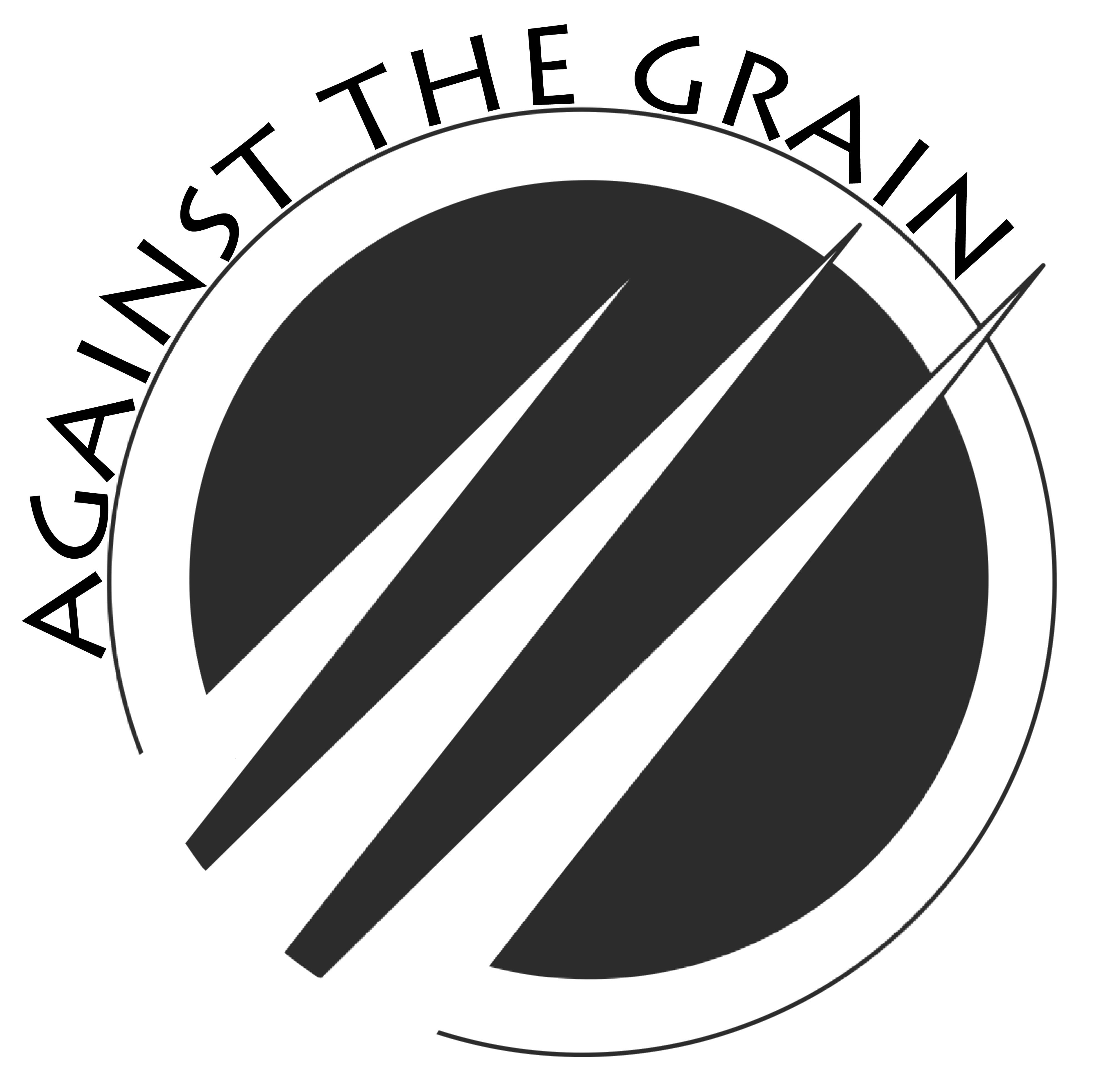 Ahead of the launch of our very first pamphlet, we asked Bill Greenwell (who along with Tamar Yoseloff wrote an endorsement for Anna Kisby’s pamphlet, All the Naked Daughters) about the process of reading a manuscript and writing an endorsement.
Ahead of the launch of our very first pamphlet, we asked Bill Greenwell (who along with Tamar Yoseloff wrote an endorsement for Anna Kisby’s pamphlet, All the Naked Daughters) about the process of reading a manuscript and writing an endorsement.
How did you approach writing Anna’s endorsement?
I suppose ‘carefully’ is one way of describing it; and ‘slowly’ another. I very much appreciated the time that (I suspect) went in to endorsements on my books, and I suspect I spend longer on endorsements than on reviews – not least because there is such a small amount of space.
How differently do you read a collection when it is for writing a endorsement?
I really only offer endorsements for the work of people with whose writing I am familiar, so I suppose I start with a firmer sense of what to expect. I can’t help proof-reading, too – I think my first look through is always looking for any other way I can help (as almost everyone whom I endorse has at some time been subjected to my editing). I think this first business-like approach frees me up to read it a second or third time for enjoyment. It’s a bit of an odd process, because I don’t ordinarily read all the poems in a collection at one go. I read them and dip in and out. But for a testimonial, you have to feel you have the measure of the collection – what its preoccupations are, how the pieces fit together, what the ‘personality’ of the book is. So I suppose you could say it is a lot more scrupulous, even than a review. After all, you are writing about a collection that will be intensely important to the writer, so that’s a responsibility. It is polite to be scrupulous.
What key themes did you notice cropping up in All the Naked Daughters?
Can I bat that word ‘themes’ away and say I prefer ‘preoccupations’? In a word, skin. As I say on the outside, it’s a very tactile book, and there is a beautiful obsession with bodies, and also with other surfaces: skin, fur, flesh, lips, different temperatures. One poem admits that ‘my fingers are in love’ with an artefact: not surprising when you know Anna is an archivist. There is also quite an enjoyably surreal relationship with the dead – ghosts, voices from the past, women who were painted. And the imagery is quite surgical: The hillside is a patient for the surgeon of the sky. The day opens and closes about us like scissors. Perhaps I mean forensic. It’s a collection about looking.
I love your phrase “a cabinet of curiosities” and how it captures the pamphlet in a few words. How hard is it to sum everything up in so few words? What tips can you share on short and sweet?
Very hard. Or easy if you immerse yourself in a book like this, I suppose. I have no tips other than to micro-read as well as skim. You have to get into the detail, and, with a bit of experience, a phrase will turn up. That’s the theory. For me, this was a great book to review, because the poetry I like is at the surreal end of the spectrum, and also quite cool – a sort of mixture of odd imagery and cool voice. Anna’s poems possess both. They’re unusual – half the battle for a reader, at least, if the reader is me.
Bill Greenwell endorses Kisby:
In Anna Kisby’s collection, All The Naked Daughters, a book has a physical relationship with a professor, Alice is not a singular Wondergirl but a plural of trodden-down young women. A maternity ward is like a collage of cut-outs; Gardener’s Question Time has been replaced by instructions on how to face austerity. These are glittering transformations: all the poems raid and reinvent the past. They are also extremely tactile and sensuous. Kisby, an archivist by trade, has produced a stunning cabinet of curiosities.
Penelope Shuttle endorses Greenwell:
Here is one of the sharpest tongues around in the poetry world, one of the sharpest pair of eyes, and the sharpest of hearts. Acute observation, recollection, wit and deep feeling are directed by the energy of imagination and focus of craft in a long and sustained collection that sees this poet at the top of his game, holding his nerve on the knife-edge of experience.
Bill Greenwell was New Statesman’s weekly satirical poet from 1994 to 2002, and has been a regular winner in the parody competitions which appear in the NS, Spectator and elsewhere for over thirty years. His collection, Spoof, includes parodies from the Independent, Spectator, New Statesman, TES, and Radio 4. Impossible Objects (2006) was shortlisted for the Forward Prize for best first collection. His second collection, Ringers, was published in 2011. Both are published by Cinnamon. From 2002 he has been a creative writing tutor.


 The title poem in this pamphlet of 20 poems has a daughter asking her mother, “where are the pubes?” in a gallery of paintings of nude women and the mother’s answer about a male gaze feeling inadequate to a daughter who is also a woman. It sets the tone for a questioning of how women are depicted, the gap between image and reality and the impact of that gap. The opening poem, “The Fallen Alices” juxtaposes the publication of “Alice in Wonderland” against reports of female suicides in the Thames river,
The title poem in this pamphlet of 20 poems has a daughter asking her mother, “where are the pubes?” in a gallery of paintings of nude women and the mother’s answer about a male gaze feeling inadequate to a daughter who is also a woman. It sets the tone for a questioning of how women are depicted, the gap between image and reality and the impact of that gap. The opening poem, “The Fallen Alices” juxtaposes the publication of “Alice in Wonderland” against reports of female suicides in the Thames river,